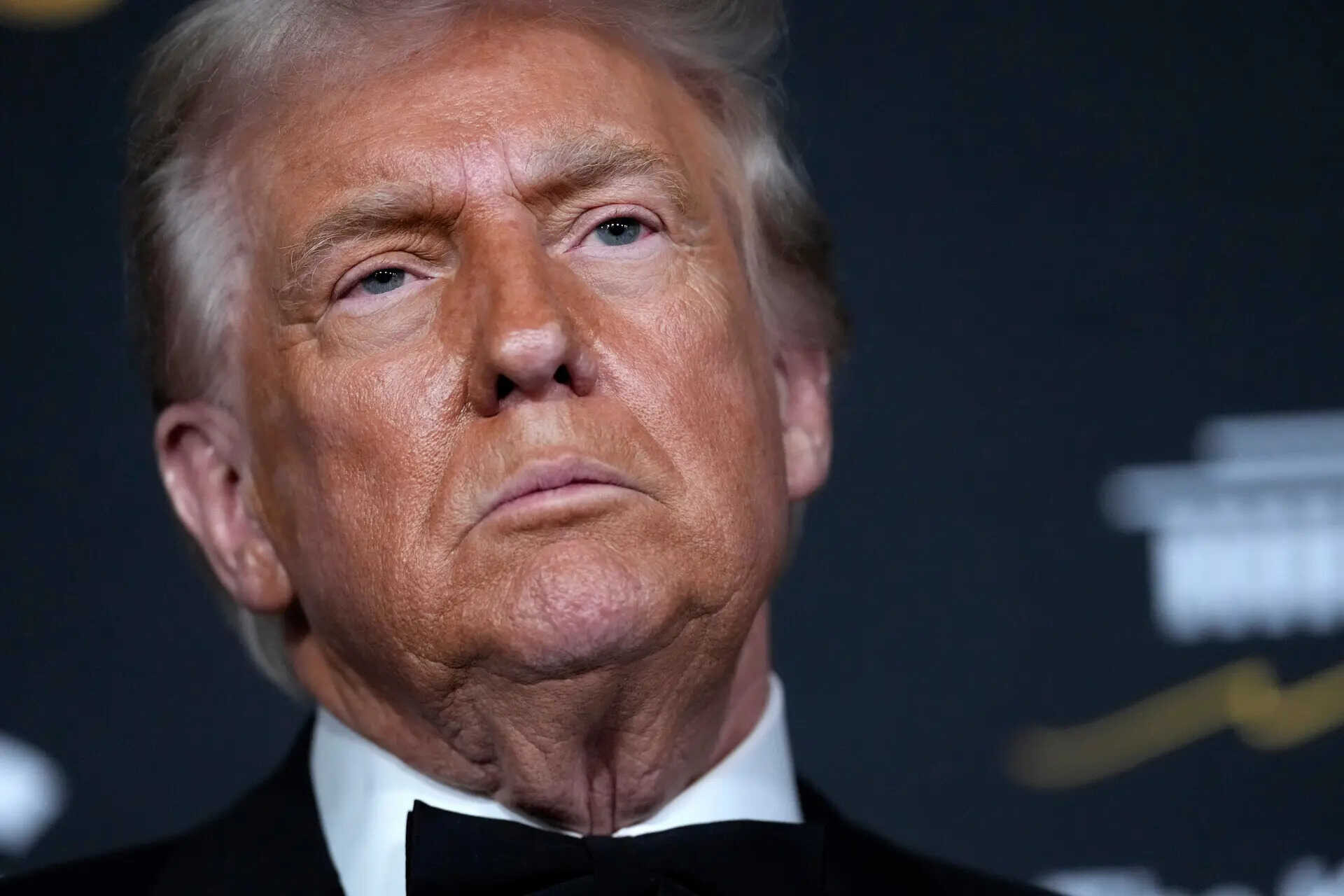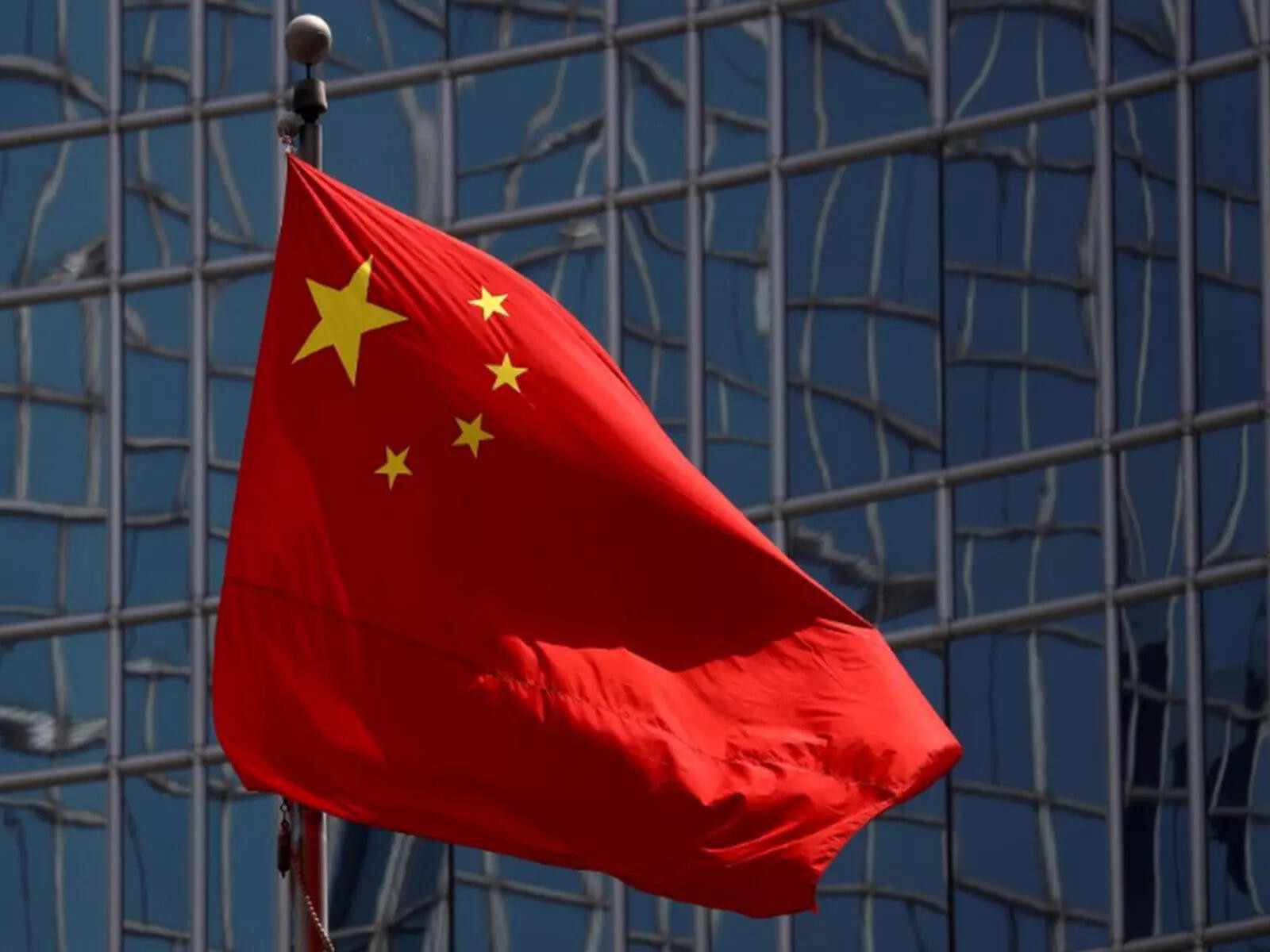Iranian state television has urged citizens to delete WhatsApp, alleging data collection and sharing with Israel, claims WhatsApp vehemently denies. The messaging app emphasises its use of end-to-end encryption, ensuring user privacy and denying any data sharing with governments.
Is WhatsApp Spilling Iranian Secrets? Tehran Thinks So.
Okay, folks, let’s talk WhatsApp. It’s that little green icon we all tap dozens of times a day, isn’t it? For some of us, it’s the digital water cooler; for others, it’s the lifeline to family across continents. But in Iran, it seems WhatsApp is generating a bit more… anxiety than usual.
The Iranian government recently made a pretty bold statement: delete WhatsApp. Yeah, you read that right. The official line is that the ubiquitous messaging app is basically a data leak, funnelling sensitive information straight into the hands of – wait for it – Israel.
Now, let’s unpack that a bit. This isn’t some fringe conspiracy theory whispered in back alleys. This is coming from official channels, urging the Iranian public to ditch the app and embrace local alternatives. It’s a serious escalation, and it raises a bunch of questions.
So, what’s the beef? According to Iranian officials, WhatsApp’s connection to Meta (formerly Facebook) is the problem. Since Meta is seen as having close ties to Israel (Meta has a huge R&D office in Israel), the concern is that WhatsApp user data is vulnerable to being accessed, analyzed, and potentially misused. They’re painting a picture of a digital Trojan Horse, disguised as a harmless messaging app.
WhatsApp, unsurprisingly, is pushing back hard. They’ve issued firm denials, stating unequivocally that the allegations are false and that user privacy and security are their top priority. They emphasize end-to-end encryption, meaning only the sender and receiver can read the messages, and that they adhere to strict data protection policies.
But here’s where things get murky. Distrust between Iran and Western tech companies isn’t exactly new. We’ve seen similar situations with other platforms. The Iranian government has a history of tightly controlling internet access and promoting domestic alternatives to Western services. So, is this genuine concern about data security, or is it a strategic move to further isolate the country and promote homegrown tech? I suspect a little of both.
Think about it. Encouraging the population to switch to Iranian-developed messaging apps gives the government greater control over communication. It allows them to monitor conversations, censor content, and potentially identify dissenters. It’s a move that strengthens their grip on the digital sphere.
Now, let’s be real. The idea that WhatsApp is deliberately leaking Iranian user data to Israel – particularly sensitive information like government secrets – feels like a stretch, right? I mean, Meta would have an absolute PR disaster on its hands if that were the case, not to mention potential legal ramifications. However, the perception of vulnerability is a powerful tool, and that’s likely what’s being leveraged here.
Moreover, the very possibility of data breaches, even unintentional ones, is a legitimate concern in the digital age. No platform is 100% secure. Even with encryption, metadata (information about who is messaging whom, when, and how often) can still be valuable. And let’s not forget the potential for vulnerabilities to be exploited by hackers, regardless of where they are located.
So, what does this mean for the average Iranian WhatsApp user? Well, they’re faced with a difficult choice. Do they trust the government’s warnings and switch to a less popular, potentially less secure local alternative? Or do they continue using WhatsApp, despite the alleged risks? For many, WhatsApp has become deeply ingrained in their daily lives. Switching would mean disrupting communication with friends, family, and colleagues.
This situation also highlights the broader geopolitical tensions playing out in the digital realm. Data security is no longer just a technical issue; it’s a matter of national security, international relations, and political control. The internet, once hailed as a tool for global connection, is increasingly becoming a battleground where governments vie for power and influence.
The Iranian government’s stance on WhatsApp is just one example of this trend. We’re seeing similar conflicts around the world, with countries imposing restrictions on social media platforms, promoting domestic alternatives, and raising concerns about data privacy.
Ultimately, this WhatsApp saga in Iran serves as a stark reminder of the complex relationship between technology, politics, and individual freedom. It forces us to consider who controls our data, how it’s being used, and what the potential consequences are. So, the next time you tap that little green icon, maybe take a moment to think about the bigger picture. It’s not just a messaging app; it’s a piece of a much larger, more intricate puzzle. And understanding that puzzle is more important than ever.







